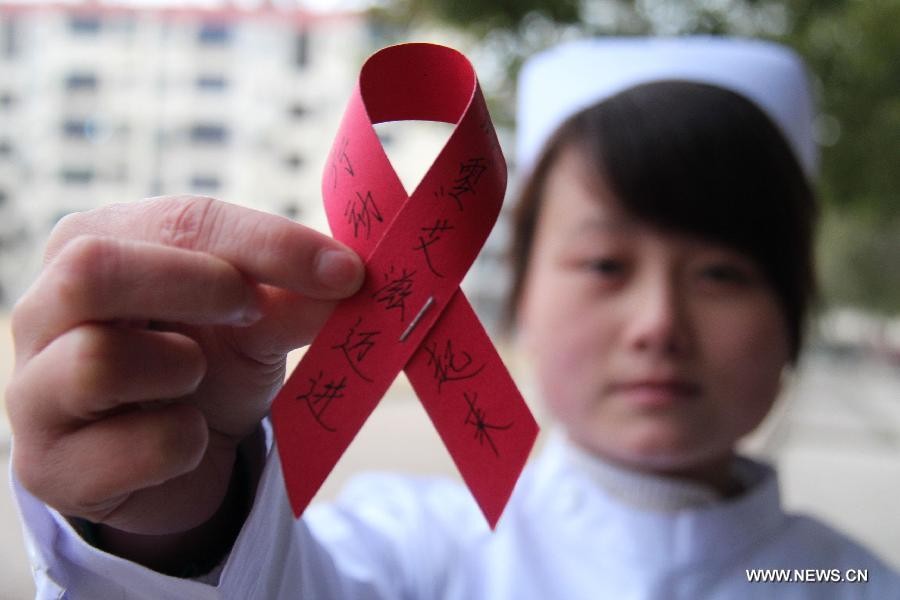In order to overcome social taboos, a leading AIDS researcher says that Chinese authorities will start making HIV self-testing kits more available throughout the country. Wu Zunyou, head of the National Center for AIDS and Sexually Transmitted Disease Control and Prevention, said the initiative has begun to make the self-testing kits more freely available in stores and online retail platforms.
“Self-testing could provide a solution and reach out to those under the radar, helping to link them to care, such as counseling and treatment,” said Wu. Current plans do not include distributing the self-testing kits to private individuals, but are only to be given to health professionals.
Wu remains optimistic that the self-testing kits will reach the people who need them. “We are in discussions with the drug authorities to fine-tune the rules and facilitate sales of self-testing kits, both online and in drugstores,” he said.
Pilot programs are already underway in cities with high rates of HIV infection: drugstores in the Shijingshan District of Shanghai, and several Yunnan cities already have the self-testing kits. They also don’t come cheap. Kits offered by Ali-Health, a subsidiary of Alibaba, cost between 30 and 200 yuan ($4.60 to $31).
This past March, a new initiative had cars equipped with HIV testing units sent out to gay communities in order to reach people who are adverse to getting tested. Test results were administered within 15 minutes. No ID was required to take the test. A gay Beijing man with the pseudonym of “Xiaotan” explained why the anonymity of self-testing was necessary: “It freed me from going to the testing clinic. I don’t want to be seen there. AIDS discrimination is still rife in China,” said Xiaotan.
However, Xiaotan said he has received mixed results from the self-testing kits so far. “I have had negative and positive results from two separate tests conducted with the same kit,” he said.
Since 2008, the number of HIV/AIDS cases among male college students has increased much faster than those among females. About 80 percent of newly detected cases involve sex between men. Last year, homosexual men made up 70 percent of the 1,800 new HIV cases reported in Shanghai. Of all new HIV cases last year across the country involving male students aged 15 to 24, nearly 81 percent contracted the virus via gay sex.
The Chinese Center for Disease Control and Prevention said there are 575,000 people living with HIV/AIDS in China as of last October. Meanwhile, the National Center for AIDS/STD Control and Prevention estimated back in 2014 that as many as 810,000 people are living with HIV/AIDS in China, which includes an estimate of those who have not yet been diagnosed.

